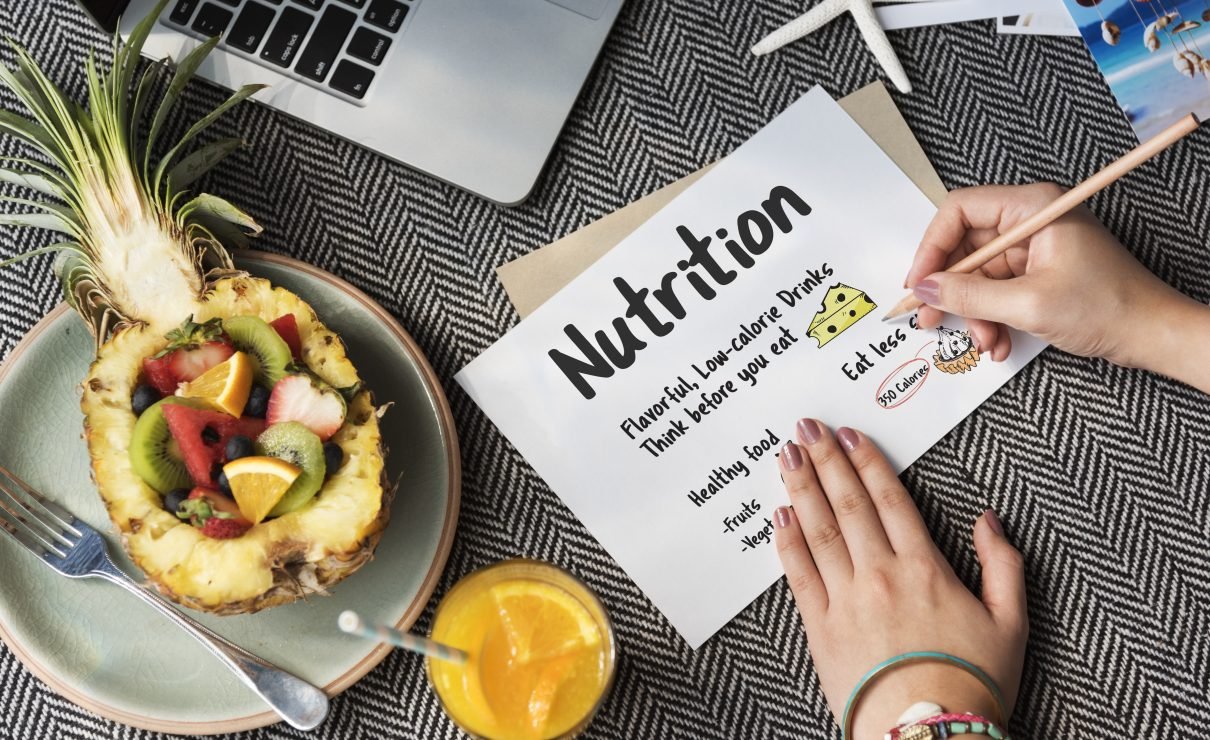Eating for Energy: A Guide to Nutrient-Dense Foods”
In the hustle and bustle of daily life, many of us find ourselves struggling with low energy levels. A crucial aspect of combating fatigue and staying active is fueling our bodies with the right nutrients. Welcome to the world of nutrient-dense foods – your key to sustainable energy and overall health.
Nutrient-dense foods are packed with vitamins, minerals, and other essential nutrients while being relatively low in calories. They provide the energy and nourishment your body needs to function optimally throughout the day. Here’s a guide to help you incorporate more of these foods into your diet:
1. Leafy Greens: Dark leafy greens like spinach, kale, and Swiss chard are rich in vitamins, minerals, and antioxidants. They’re also a great source of fiber, which aids digestion and helps maintain steady energy levels.
2. Whole Grains: Swap refined grains for whole grains like brown rice, quinoa, and oats. These grains are high in fiber, providing a sustained release of energy and keeping you feeling full longer.
3. Lean Proteins: Lean meats, poultry, fish, tofu, and legumes are excellent sources of protein. Protein helps repair and build tissues, keeping your muscles and organs in top shape.
4. Colorful Fruits and Vegetables: A variety of colorful fruits and vegetables offer a wide range of nutrients. Berries, citrus fruits, bell peppers, and sweet potatoes are just a few examples. Their antioxidants help combat oxidative stress and keep you feeling energetic.
5. Nuts and Seeds: Almonds, walnuts, chia seeds, and flaxseeds are rich in healthy fats, fiber, and protein. They provide a quick energy boost and keep you satisfied between meals.
6. Dairy or Dairy Alternatives: Low-fat dairy products or dairy alternatives like almond milk and yogurt provide calcium, which is essential for bone health and muscle function.
7. Water: Staying hydrated is crucial for maintaining energy levels. Dehydration can lead to fatigue and reduced cognitive function, so be sure to drink plenty of water throughout the day.
To make nutrient-dense eating more accessible, plan balanced meals and snacks that incorporate these foods. Here’s a sample day:
- Breakfast: Oatmeal topped with berries and nuts.
- Snack: Greek yogurt with honey and sliced banana.
- Lunch: Grilled chicken salad with mixed greens and veggies.
- Snack: Carrot sticks with hummus.
- Dinner: Baked salmon with quinoa and steamed broccoli.
Remember, consistency is key. By fueling your body with nutrient-dense foods regularly, you’ll notice improved energy levels, better overall health, and the vitality to tackle your daily tasks with enthusiasm.


